Funded VPX projects
We help bring outstanding P2X ideas from Danish universities out of the lab and closer to the market. The funded VPX projects are promising deep tech technologies with the potential to transform the energy market.

The following VPX projects are funded under the VILLUM P2X Accelerator:
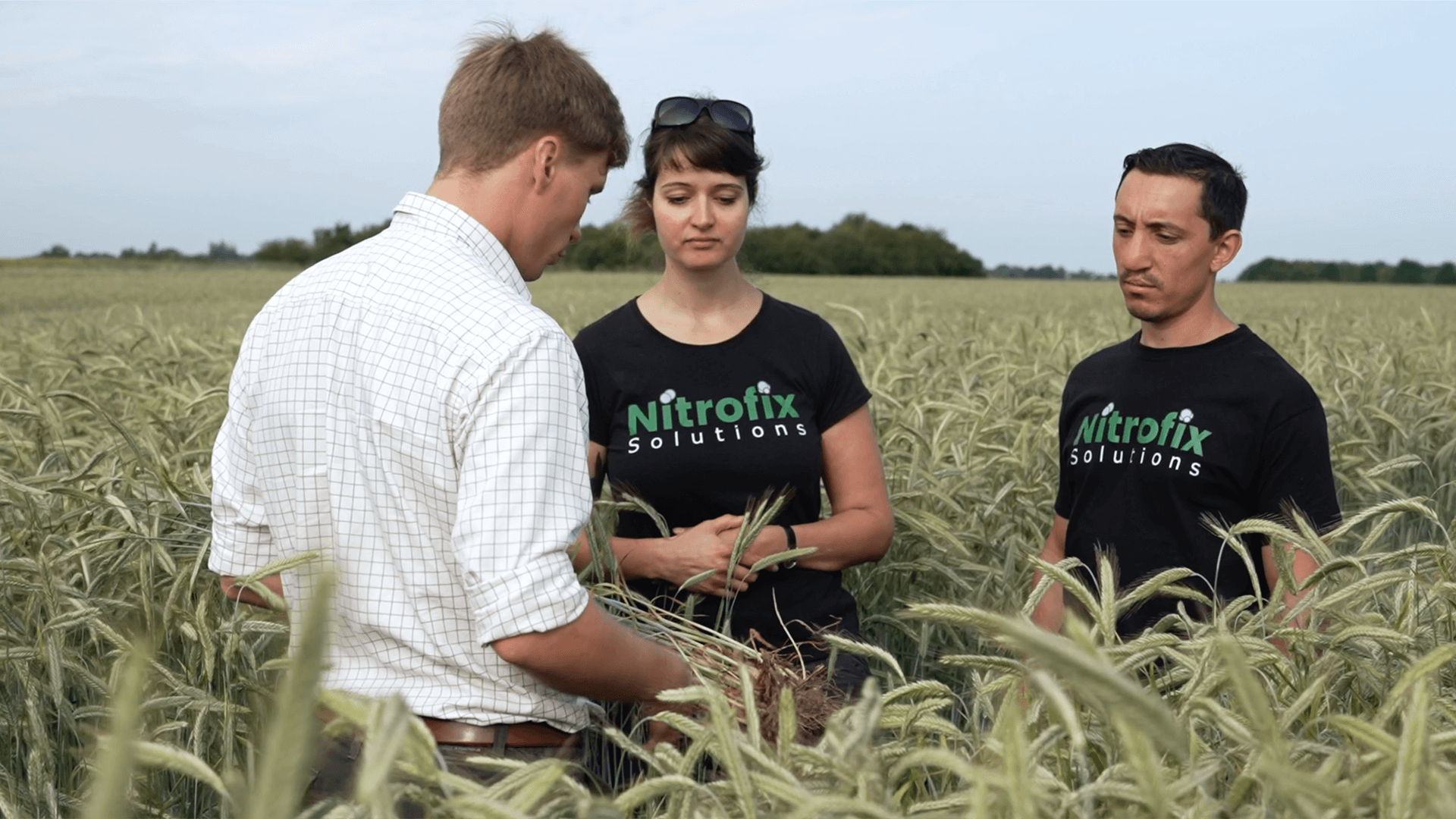
We have developed a method to produce ammonia locally and sustainably via the use of only air, water, and green electricity. Our aim is to decarbonized the nitrogen-based fertilizer production one farm at the time, cut the logistic costs of distributing fertilizer, and make the agricultural sector more resilient to external factors and political issues.
Grantees
- Suzanne Zamany Andersen
- Mattia Saccoccio
Department of Physics, Technical University of Denmark (DTU)
Grant Period
- 2022-2024
Project pages
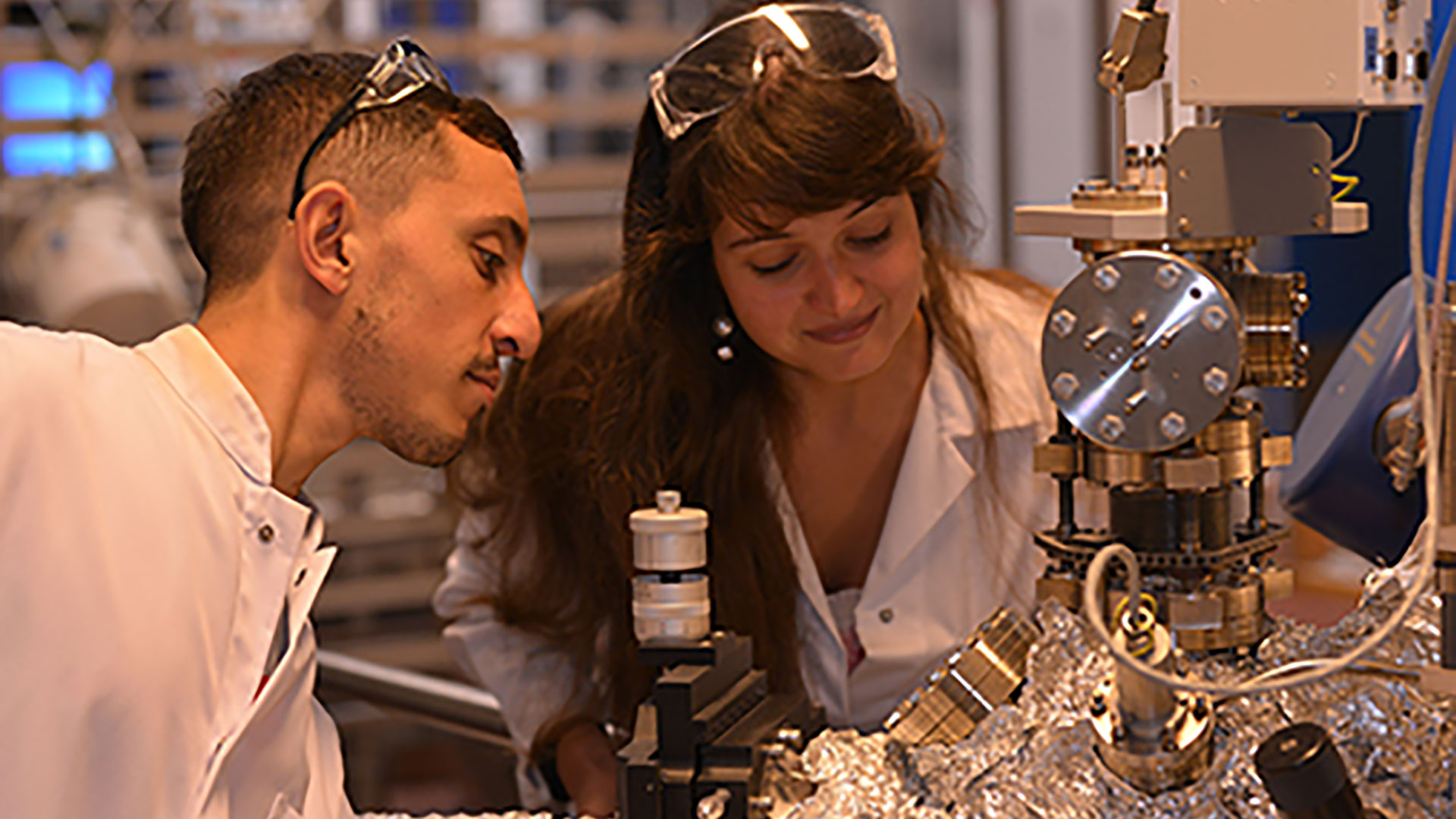
What to learn more?
Read the article: "From laboratory experiments to employee development interviews"
We have developed a new graphene-enhanced, pressure-driven filtration membrane to remove CO2 from point-source emissions, which promises to dramatically reduce the cost of carbon capture. Our aim is to provide a low-cost, compact and modular CO2 filtration system that makes CCS economically viable for both SMEs and large industrial emitters.
Grantees
- Abhay Shivayogimath
Department of Physics, Technical University of Denmark (DTU)
Grant Period
- 2023-2025

(former "Sorption Booster for Ammonia Production").
To unlock the potential of mild-condition ammonia synthesis, it is necessary to find an alternative to ammonia condensation, which, is used in the conventional energy intensive Haber-Bosch process. The promising solution is ammonia absorption by metal halides because these materials can efficiently and selectively remove ammonia down to ppm level at room temperature.
In this VPX project “AMMISORB”, we focus on the design, construction and testing of sorption booster, a device based on sorption materials.
Grantee
- Anastasiia Karabanova
Department of Energy Conversion and Storage, Technical University of Denmark (DTU)
Grant Period
- 2023-2025

We develop platinum alloy catalysts for fuel cells. The catalysts are manufactured by a patented technique through which platinum can be alloyed with almost any of the transition metals forming nano-particles. We look at alloys with rare earth metals as well as with other transition metals. The project is carried out at DTU Energy.
Grantees
- Benedikt Axel Brandes
- Amado Andrés Velázquez-Palenzuela
- Jens Oluf Jensen
- Christian Stig Dalsgaard Nielsen
Department of Energy Conversion and Storage, Technical University of Denmark (DTU)
Grant Period
- 2023-2025
Project pages

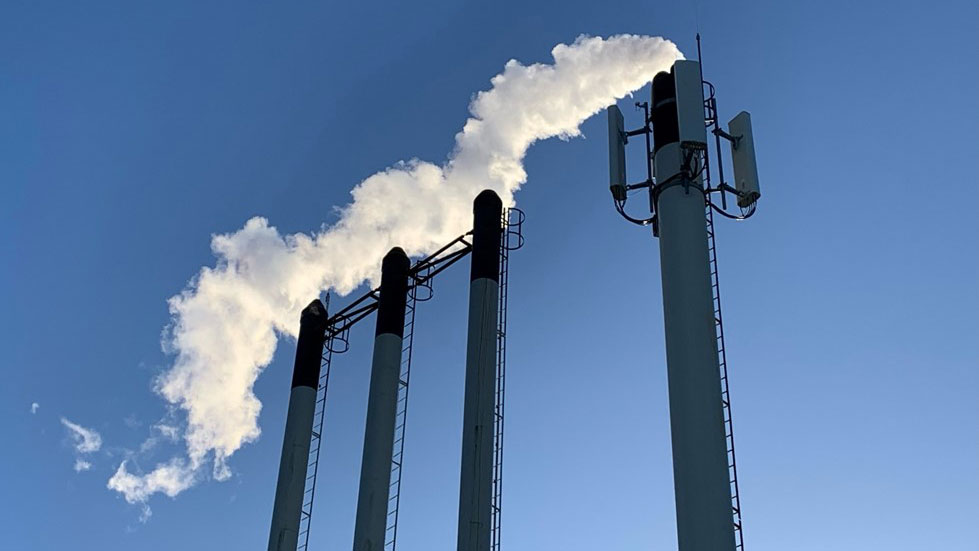
The Flue-to-Fuel technology (FtF) is a novel approach that combines carbon capture chemistry and biotechnology to tackle the gigatonne challenge of CO2 emission from flue gasses. Unlike conventional capture technologies that are limited by an energy penalty of heat to liberate and concentrate the CO2, the FtF technology alleviates this energy penalty by exploiting an innovative use of biotechnology, where microbes are used for integrated release and conversion of CO2 to produce sustainable methane. With this initiative, we aim to decarbonize the natural gas grid through robust and cost-effective carbon capture and utilization, to hereby transform CO2 from point source emissions into a valuable resource.
Grantee
- Michael Vedel Wegener Kofoed
Department of Biological and Chemical Engineering, Aarhus University (AU)
Grant Period
- 2023-2025
Website
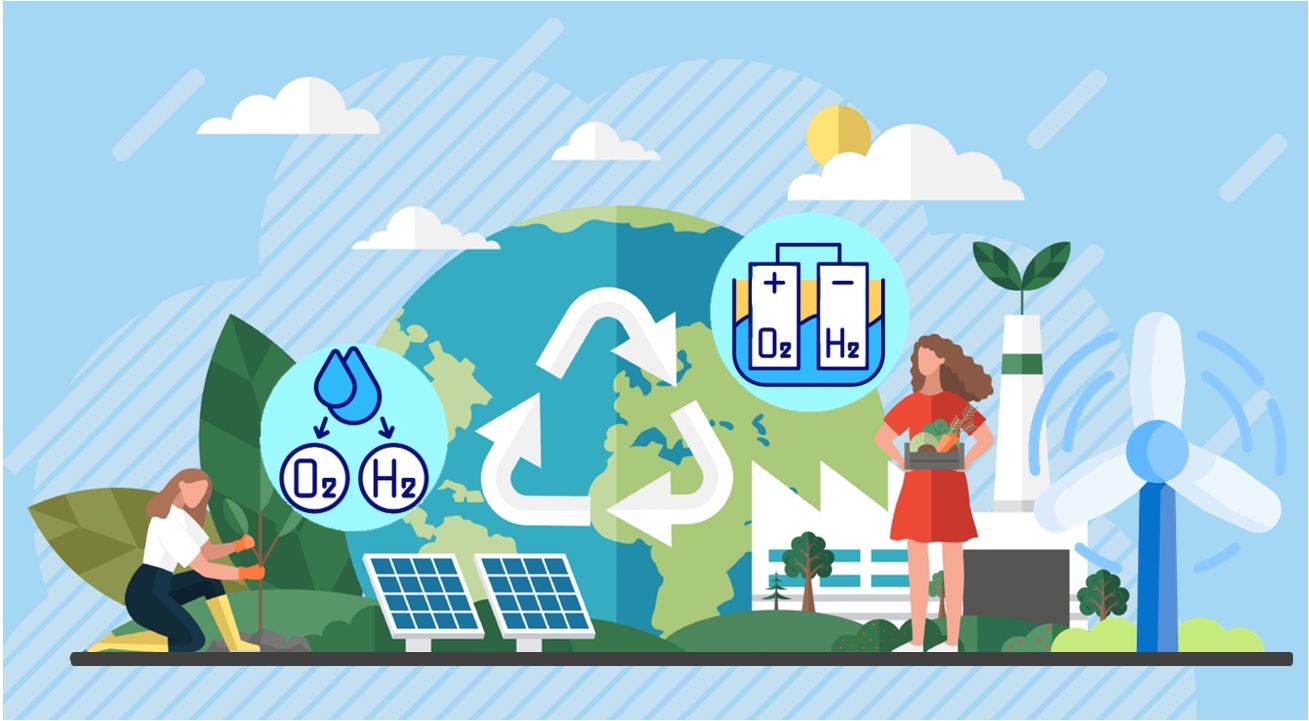
Power to X gigawatt factories inevitably relay on several critical raw materials. Their continuous supply and sustainable production are fundaments for acceleration of green transition. Material circularity provides the missing element for the full-speed market expansion.
The current project develops and validates advanced processing technologies to recover and reuse platinum group metals (PGMs) and proton conduction polymers for fuel cell and electrolyzer components. The closed-loop material flow provides the solution for environmentally friendliness, high efficiency and up-scalability.
Grantee
- Shuang Ma Andersen
Department of Green Technology, University of Southern Denmark (SDU)
Grant Period
- 2024-2026
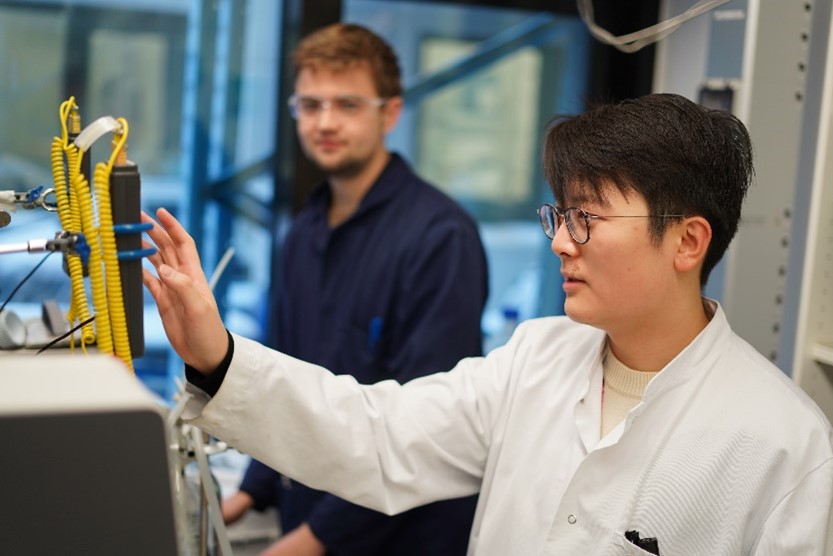
FiBrane technology presents a streamlined solution for ultrapure water production, tackling critical challenges in green hydrogen and Power-to-X industries. Unlike traditional desalination methods, FiBrane’s innovative, patent-pending membrane technology efficiently converts seawater and wastewater into ultrapure water, especially in environments with limited access to freshwater, such as offshore settings.
By offering a sustainable and scalable solution, FiBrane simplifies ultrapure water production, promoting broader adoption and supporting the transition to green hydrogen on a larger scale.
Grantees
- Xianzheng Ma
Department of Chemistry and Bioscience, Aalborg University (AAU)
Grant Period
- 2023-2025

Solid Oxide Cells (SOCs) are all-solid-state electrochemical devices that convert chemical energy directly into electricity—and vice versa.
Current SOC manufacturing relies on two-dimensional layered architectures with metallic interconnects and rigid seals, often requiring dozens of processing steps. This leads to increased weight, corrosion risk, and vulnerability to thermomechanical stress, ultimately limiting performance and lifetime.
DTU Energy and DTU Construct have developed a novel 3D-printed monolithic SOC based on gyroidal geometry. This design offers simplified manufacturing, high efficiency, optimal space utilization, and ultra-lightweight performance. During the VPX accelerator, we will scale up the concept to unlock portable SOC applications in aerospace, robotics, and decentralized energy conversion.
Grantee
- Vincenzo Esposito
Department of Energy Conversion and Storage, Technical University of Denmark (DTU)
Grant Period
- 2025-2027
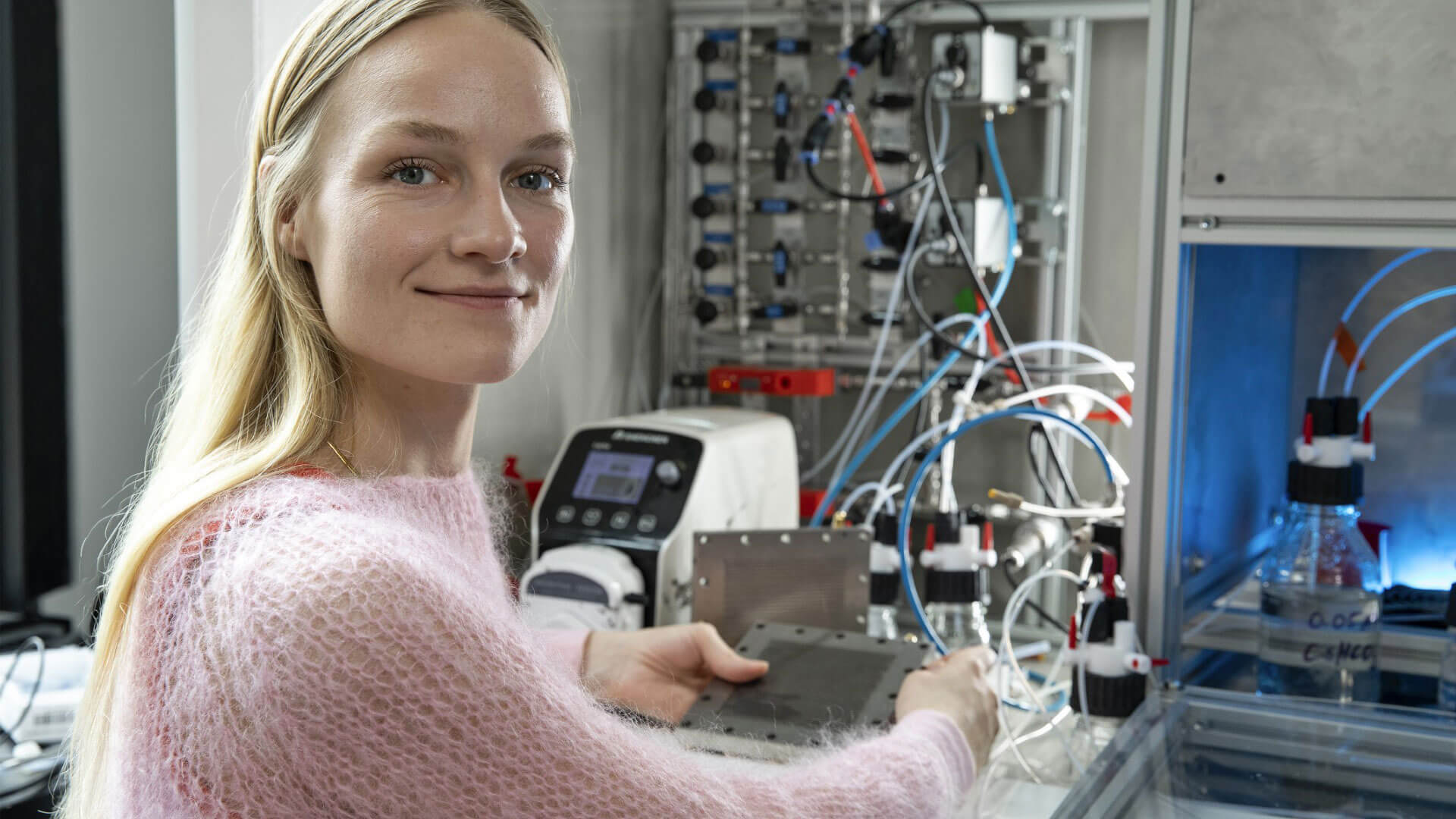
To tackle one of today’s greatest challenges, the climate crisis, Nobracat is on a mission to decarbonize the chemical industry. Using our core technology, we produce high-value chemicals from CO₂ at ambient conditions, offering a sustainable alternative to traditional methods.
In the VPX project, we focus on producing isotopically labeled chemicals, which are notoriously difficult to manufacture with conventional processes. Our innovative approach unlocks new possibilities for using isotopes for research, medicine, and industry.
Grantee
- Bjørt Óladóttir Joensen
Department of Physics, Technical University of Denmark (DTU)
Grant Period
- 2025-2027
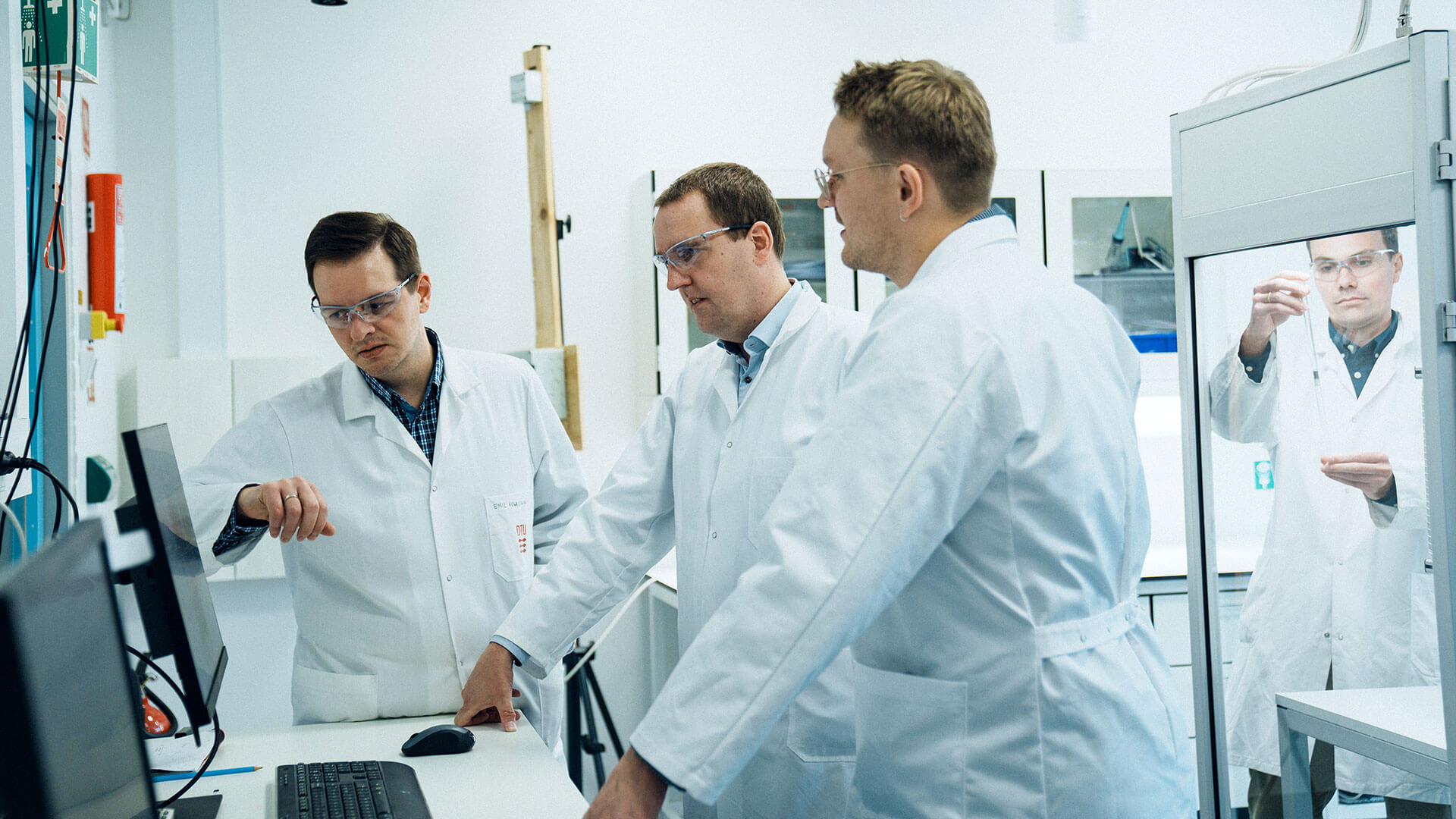
We unlock the utilization of CO2 without the need of electrolyzed H2. Reformable design and develop technologies for CO2 reforming with methane for reducing the cost for producing renewable fuels and chemicals. Through cutting-edge research, we have invented a cheap and viable catalyst that exhibit unprecedented stability and activity.
The VPX accelerator will help optimizing the catalyst and design an efficient process fulfilling the full potential for CO2 reforming.
Go to profile on LinkedIn.
Grantee
- Mikkel Kock
Department of Chemistry, Technical University of Denmark (DTU).
Grant Period
- 2025-2027
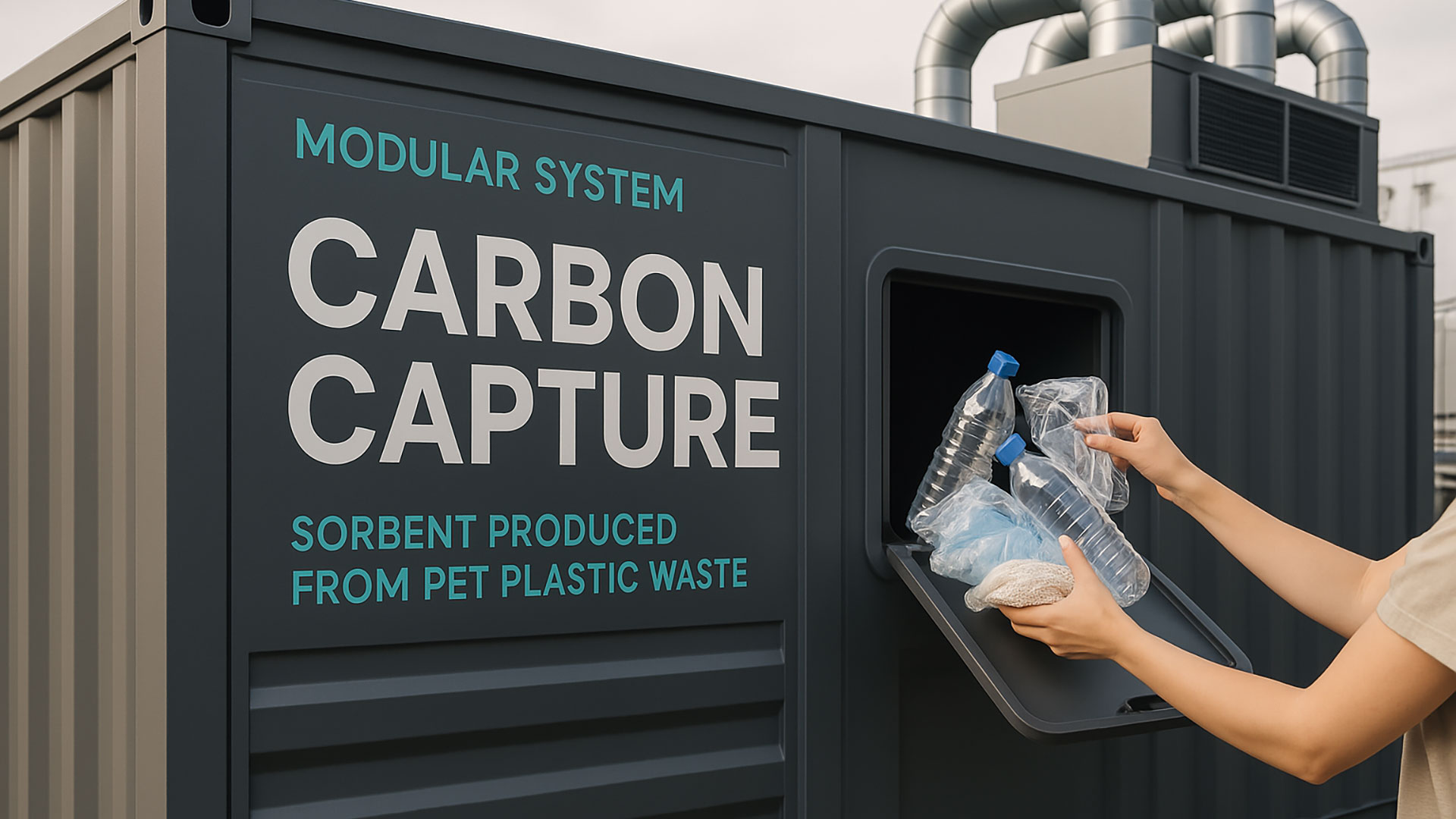
Centralized recycling is impractical due to the dispersed nature of plastic waste—but our approach turns this challenge into an opportunity for decentralized CO₂ capture.
At BAETA, we transform PET waste into sorbents for capturing and removing CO₂. Our chemical upcycling method operates under mild conditions and is both scalable and straightforward. The resulting solid-state sorbents capture CO₂ under various conditions—from flue gas at elevated temperatures to direct air capture. Thermally stable, versatile, and robust, our sorbents offer a low-cost, circular solution to carbon capture.
During the Villum P2X Accelerator, we will focus on optimizing energy efficiency, designing a prototype, testing it with industrial partners using real flue gas, and scaling the technology up.
Grantee
- Margarita Poderyte
Department of Chemistry, University of Copenhagen (UoC).
Grant Period
- 2025-2027
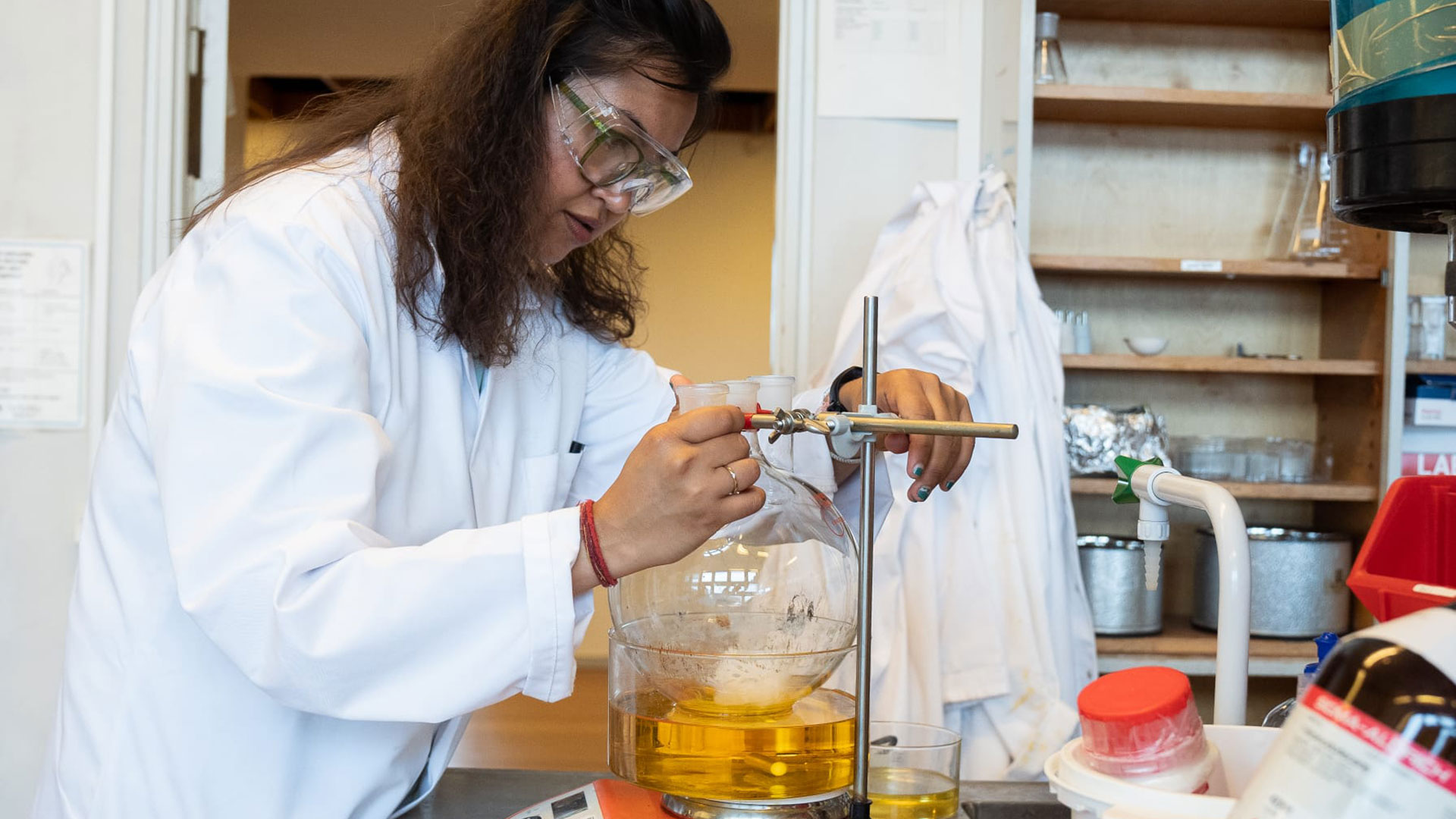
This journey began as a fundamental research idea but as we worked on it, we realized we had something truly groundbreaking in our hands. A patented solution that could address one of the most urgent global problems: PET plastic pollution.
CataCycle has developed a clean, traceless, and low-footprint technology that utilizes CO₂ to depolymerize PET plastics efficiently. This approach not only reduces the environmental impact but also efficiently decreases the complexities related of PET recycling, making large-scale adoption possible.
"Bringing this promising technology to the real world is our responsibility. PET plastic pollution is a pressing issue, and we are committed to solving it sustainably. With the support of the Villum P2X grant, we now have the resources to accelerate development and bring this solution to scale."
This is just the beginning!
Grantee
- Shriaya Rütershoff
Department of Chemistry, University of Copenhagen (UoC).
Grant Period
- 2025-2027